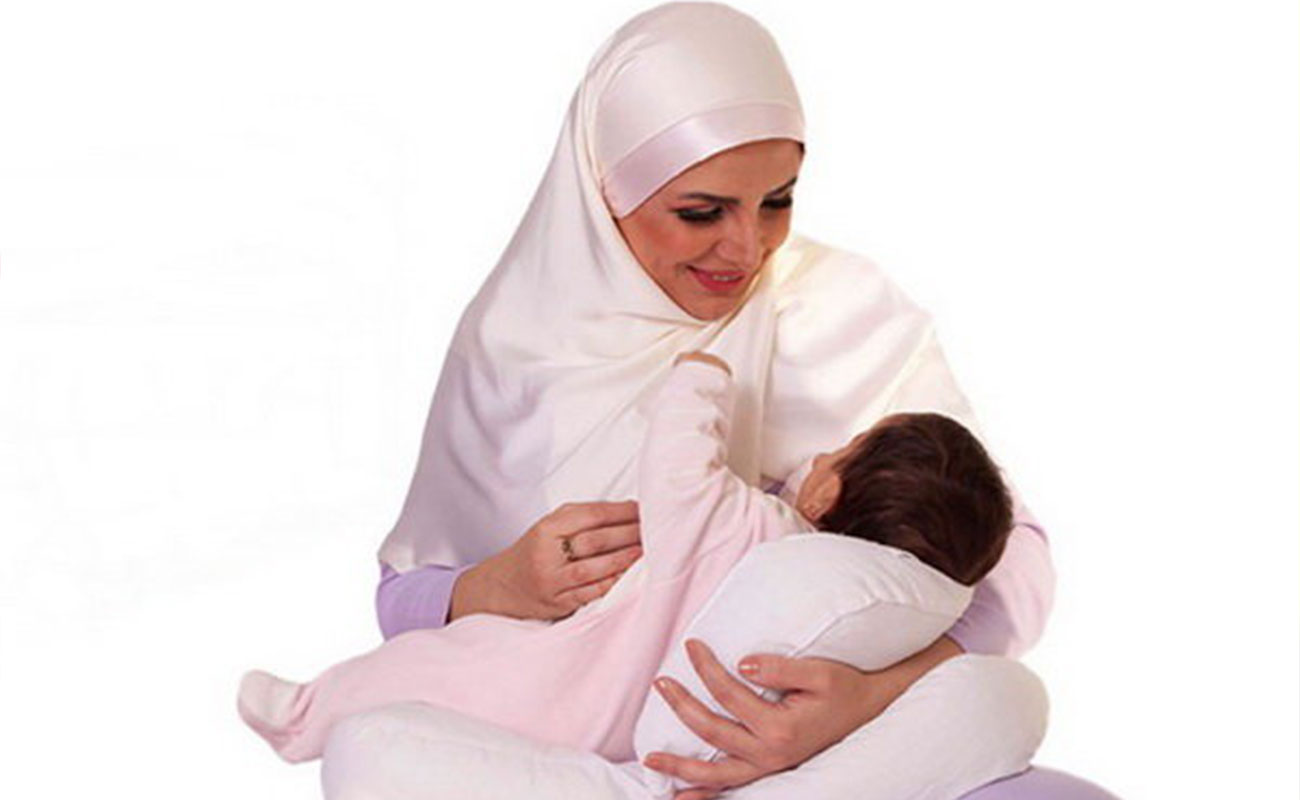
You don't need to eat anything special while you're breastfeeding. But it's a good idea for you, just like everyone else, to eat a healthy diet.
A healthy diet includes:
at least five portions of a variety of fruit and vegetables a day, including fresh, frozen, tinned and dried fruit and vegetables, and no more than one 150ml glass of 100% unsweetened juice
starchy foods, such as whole meal bread, pasta, rice and potatoes
plenty of fibre from wholemeal bread and pasta, breakfast cereals, rice, pulses such as beans and lentils, and fruit and vegetables – after birth, some women have bowel problems and constipation, and fibre helps with both of these
protein, such as lean meat and chicken, fish, eggs, nuts, seeds, soya foods and pulses – at least two portions of fish a week is recommended, including some oily fish
dairy foods, such as milk, cheese and yoghurt – these contain calcium and are a source of protein
drinking plenty of fluids – have a drink beside you when you settle down to breastfeed: water and skimmed or semi-skimmed milk are all good choices
Small amounts of what you're eating and drinking can pass to your baby through your breast milk. If you think a food you're eating is affecting your baby and they're unsettled, talk to your GP or health visitor.
Vitamins and breastfeeding
Everyone, including pregnant and breastfeeding women, should consider taking a daily supplement containing 10mcg of vitamin D.
From late March/April to the end of September, the majority of people aged five years and above will probably get enough vitamin D from sunlight when they are outdoors. So you might choose not to take a vitamin D supplement during these months
You can get all the other vitamins and minerals you need by eating a varied and balanced diet.
Ask your GP or health visitor where to get vitamin D supplements. You may be able to get free vitamin supplements without a prescription if you're eligible for Healthy Start.
The following snacks are quick and simple to make, and will give you energy and strength:
fresh fruit
sandwiches filled with salad, grated cheese, mashed salmon or cold meat,
yoghurts and fromage frais,
Hummus with bread or vegetable sticks,
Ready-to-eat dried apricots, figs or prunes,
Vegetable and bean soups,
Fortified unsweetened breakfast cereals, muesli and other wholegrain cereals with milk,
milky drinks or a 150ml glass of 100% unsweetened fruit juice,
baked beans on toast or a baked potato,
Eating fish while breastfeeding
Eating fish is good for your health and your baby's, but while you are breastfeeding you should have no more than two portions of oily fish a week. A portion is around 140g.
Oily fish includes fresh mackerel, sardines, trout and tuna, but not canned tuna, as the good fats are lost in the canning process.
All adults should also eat no more than one portion a week of shark, swordfish or marlin.
See more about eating fish while pregnant or breastfeeding.
Caffeine and breastfeeding
Caffeine can reach your baby through your breast milk and may keep them awake.
Caffeine occurs naturally in lots of foods and drinks, including coffee, tea and chocolate. It's also added to some soft drinks and energy drinks, as well as some cold and flu remedies.
Caffeine is a stimulant and can make your baby restless. It's a good idea for pregnant and breastfeeding women to restrict their caffeine intake to less than 300mg a day:
one mug of filter coffee: 140mg
one mug of instant coffee: 100mg
one mug of tea: 75mg
one can of energy drink: up to 80mg
one 50g plain chocolate bar: up to 50mg
one cola drink (354mls): 40mg
Try decaffeinated tea and coffee, herbal teas, 100% fruit juice (but no more than one 150ml glass per day) or mineral water. Avoid energy drinks, which can be very high in caffeine.
Peanuts and breastfeeding
If you'd like to eat peanuts or foods containing peanuts, such as peanut butter, while breastfeeding, you can do so as part of a healthy, balanced diet (unless, of course, you are allergic to them).
There's no clear evidence that eating peanuts while breastfeeding affects your baby's chances of developing a peanut allergy. If you have any questions or concerns, you can talk to your GP, midwife or health visitor.
Submit Comment